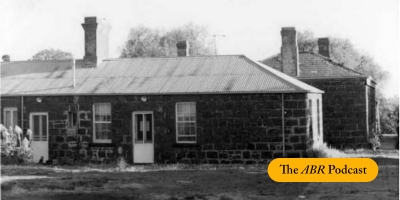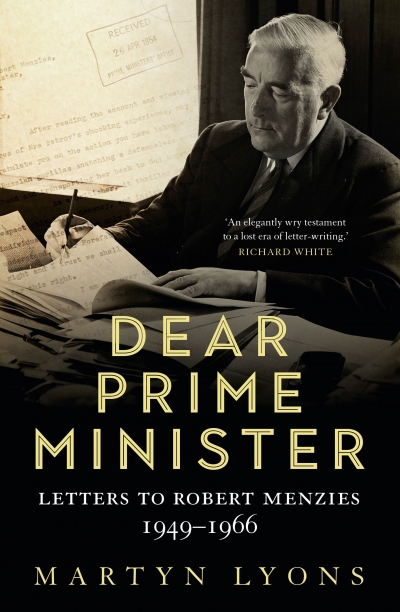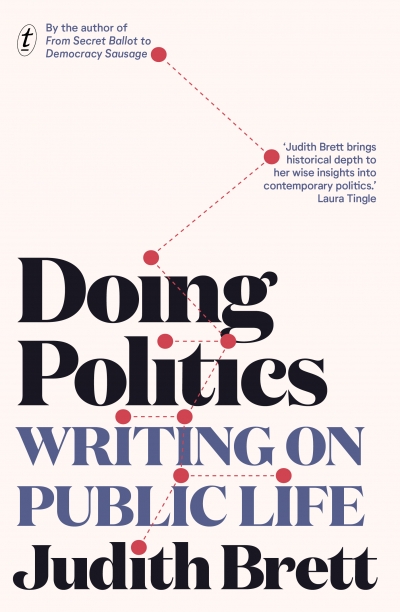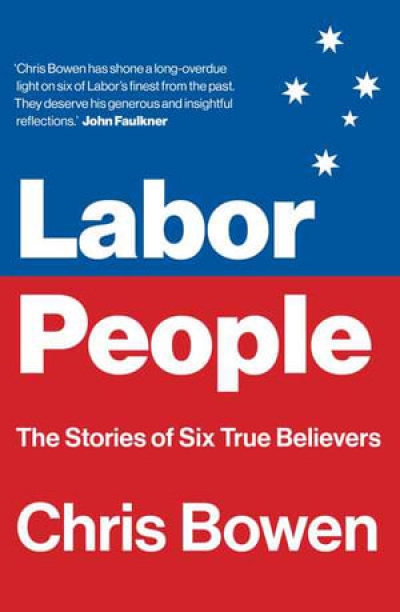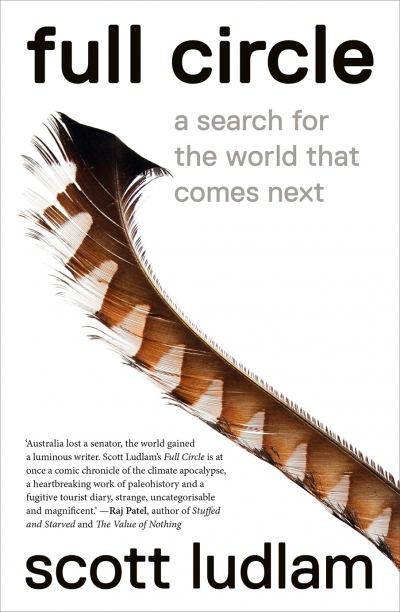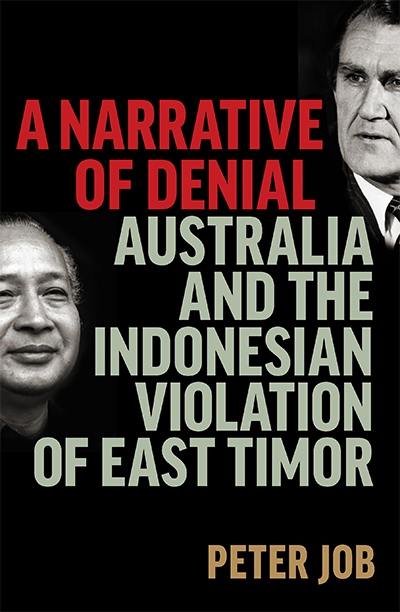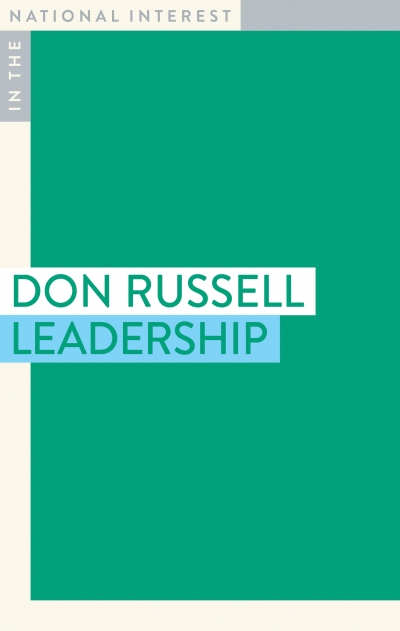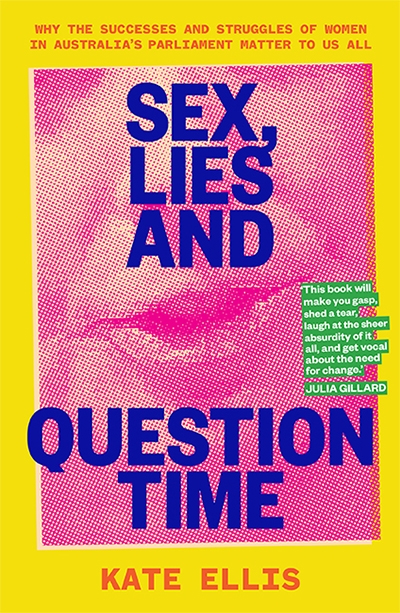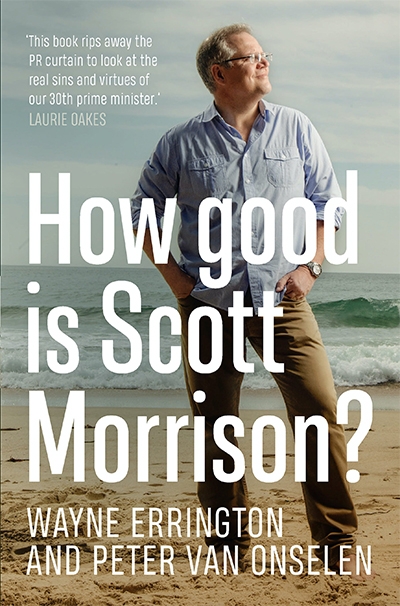Australian Politics
Melbourne’s Moreland City Council recently agreed to adopt a new name, after petitioning by Wurundjeri Woi-wurrung community leaders and prominent local non-Indigenous representatives. The petitioners argued that the name ‘Moreland’, adopted in 1839 by Scottish settler Farquhar McCrae, derived from a Jamaican slave plantation. Renaming the council was an opportunity to bring about greater awareness of both the global legacies of enslavement and the history of Indigenous dispossession. In this week’s episode, Samuel Watts reflects on the politics of memorialisation and its impact on public conceptions of history.
... (read more)Dear Prime Minister: Letters to Robert Menzies, 1949–1966 by Martyn Lyons
Letter writing thrives on distance. Out of necessity, in the early years of European settlement, Australia became a nation of letter writers. The remoteness of the island continent gave the letter a special importance. Even those unused to writing had so much to say, and such a strong need to hear from home, that the laborious business of pen and ink and the struggles with spelling were overcome. Early letters reflected the homesickness of settlers as well as their sense of achievement and their need to hold on to a former life. It’s possible to see the emergence of a democratic tradition of letter writing in those needful times. Rich or poor, well educated or semi-literate, they all felt the urge to connect.
... (read more)Judith Brett, historian and La Trobe University emeritus professor of politics, is characteristically direct – in her questioning, her analysis, and her engagement with readers. If there is something declarative about ‘Going Public’, the title of Doing Politics’s introductory chapter, that is exactly what Brett intends: to go public, to offer a general reader her considered reflections on Australian political and cultural life. This is not an assemblage of opinion pieces, though her writings have a related journalistic conciseness and impact – they speak to the times. What distinguishes Brett’s collection of essays is their scholarly depth and habit of enquiry. They prompt thought before they invite agreement, or conclusions. Even the bad actors, the political obstructors, the wreckers in Brett’s political analysis, are psychologically intriguing. Why are our politicians like this? What’s going on? Judith Brett studied literature and philosophy as well as politics as an undergraduate. Perhaps Hamlet drills away in her consciousness: ‘There are more things in heaven and earth, Horatio, / Than are dreamt of in your philosophy.’
... (read more)Scott Morrison has now been prime minister longer than any of his four predecessors: Kevin Rudd, Julia Gillard, Tony Abbott, or Malcolm Turnbull. He has won one election by the skin of his teeth and faces another by May next year. So what sort of man is he and how good a prime minister? These three publications give us slightly different takes on these questions.
... (read more)Labor People: The stories of six true believers by Chris Bowen
Contemporary Australian parliamentarians tend to be focused firmly on the present. Speechwriters may liberally sprinkle the speeches of politicians with references to a political party’s golden past, but an MP’s sincerest interest in history often emerges when he or she gets around to publishing a memoir of their time in office. A politician’s autobiography is an exercise that encourages selective, rather than frank, reflection on how history will portray them, their enemies and friends. Some politicians, thankfully, embrace a broader, less self-interested view of the importance of history. Labor Opposition frontbencher Chris Bowen is the latest serving politician to display a commendable fascination with historical research. His new book tells the stories of six relatively forgotten figures who made a strong contribution to the Australian Labor Party.
... (read more)Full Circle: A search for the world that comes next by Scott Ludlam
Amid the daily dramas and momentous impact of the ongoing coronavirus pandemic, it’s easy to forget that, just four years ago, Australia was enduring a very different – and much less serious – kind of political crisis. In July 2017, the Australian Greens’ Scott Ludlam resigned from the Senate, having been advised that his failure to renounce his long-dormant New Zealand citizenship meant that he was a dual citizen, and in breach of section 44 of the Constitution. This kicked off a farcical procession of resignations, High Court referrals, by-elections, and countbacks. This ultimately resulted in fifteen MHRs and senators from across the political spectrum being ruled ineligible to sit in the federal parliament.
... (read more)A Narrative of Denial: Australia and the Indonesian violation of East Timor by Peter Job
Peter Job, a former East Timor activist, has written a careful, dispassionate account of the stance of Gough Whitlam’s and Malcolm Fraser’s successive governments in relation to Portuguese East Timor. He has consulted a commendably wide range of oral and written sources, interviewing, for example, several retired senior Australian officials formerly engaged in the design and implementation of Timor policy. His story ends in 1983, with Bob Hawke’s election to office. Job should be encouraged to complete his account in the future to acquaint readers with developments up to at least the UN intervention in 1999 that gave Australian diplomacy a new role.
... (read more)Leadership by Don Russell & A Decade of Drift by Martin Parkinson
In 1958, the Australian political scientist A.F. Davies (1924–87) published Australian Democracy: An introduction to the political system, one of the first postwar attempts to combine institutional description with comment on the patterns of political culture. It introduced a provocative assertion: Australians have ‘a characteristic talent for bureaucracy’. Disdaining the myth of Australians as shaped by the initiative and improvisation of our bush heritage (Russel Ward’s The Australian Legend was published in the same year), Davies argued:
... (read more)Following 200 pages of at times harrowing detail in which former Labor MP Kate Ellis outlines the extent of the sexist and misogynist behaviour she endured as a member of the Australian Parliament, she asks herself: ‘Is it worth the hard days, the unnecessary crap?’ ‘Yes’, she replies. ‘Every. Single. Second. No question.’
... (read more)How Good Is Scott Morrison? by Wayne Errington and Peter van Onselen
Flash back to that election night in May 2019, when Australians, depending on their party affiliation, were either overjoyed or appalled at the Coalition’s return despite the opinion polls. That evening, Scott Morrison – a man little known to Australians until assuming the prime ministership just nine months before after an ugly leadership coup – summed up Coalition sentiment and his own Christian faith: ‘I have always believed in miracles,’ Morrison said, before asking, rhetorically, ‘How good is Australia?’
... (read more)

